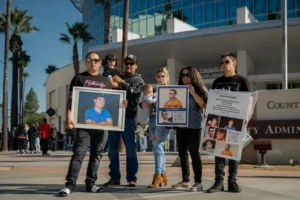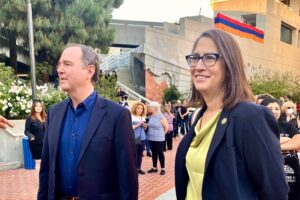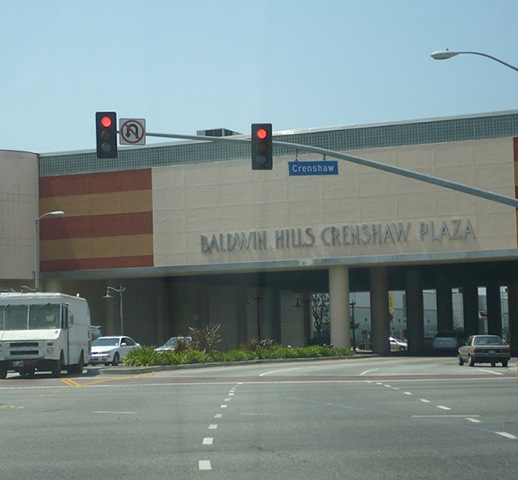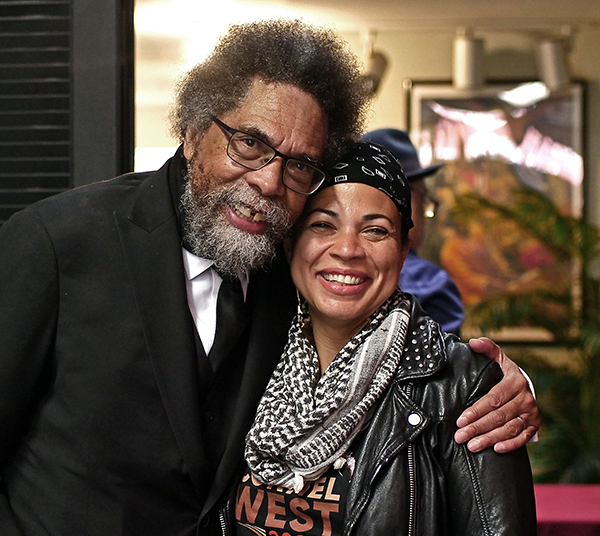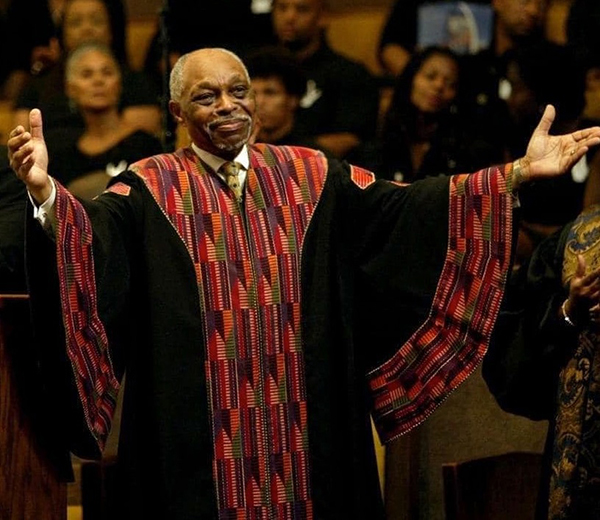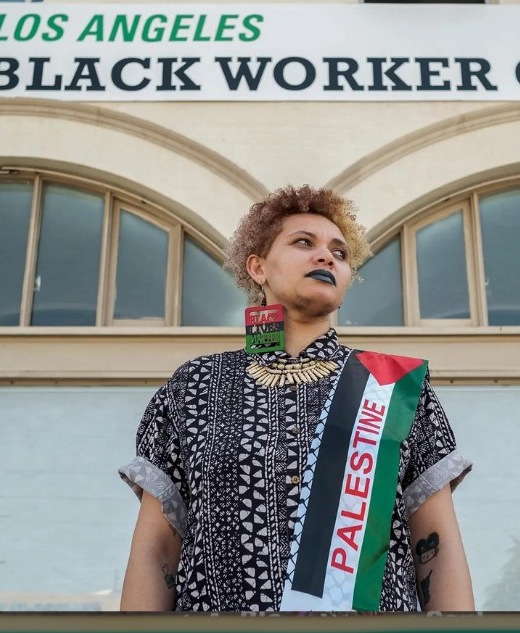By Shirley Hawkins
Contributing Writer
CRENSHAW — Community residents are not ready to give up the fight for the Baldwin Hills Crenshaw Plaza a week after the sale of the popular shopping mall to CEO David Schwartzman of the Harridge Development Group was announced.
Jackie Ryan, a board member of Downtown Crenshaw Rising, a community group that put together a bid for the mall, said “This sale is genocide for the black community.”
“Not gentrification, but genocide,” she said. “It was a racist project from beginning to end. How many properties are owned by African Americans? I would say none of these properties are owned by an African-American entity.
“We tried to have an equitable bidding process but the greed and unfairness was overwhelming,” Ryan added. “They obviously favored Schwartzman. They gave us three days and no extension and they gave Schwartzman extension after extension to come up with the money for the bid.
Ryan said that community residents are ready to push back against gentrification.
“They’re going to hit us with high rents and move us out of the community,” she predicted. “Nobody will be able to live here but the rich. The same thing is happening in San Francisco, Los Angeles, San Diego and Stockton. Everywhere that black people are, they are being forced out of their communities with high rents.
“We are not leaving the land that we currently occupy. To deny that is to deny reality and we will continue to fight to own the Baldwin Hills Crenshaw Plaza.”
A popular cultural and economic landmark in the Black community for generations, the mall was sold to Schwartzman after a long and contentious battle that saw two other bidders for the property drop out of the picture before reaching final agreements former Capri Capital, the former mall owner.
Schwartzman’s bid reportedly was for more than $140 million, including $30 million for the Macy’s store that is one of the anchors to the shopping center that opened in 1947.
Downtown Crenshaw Rising reportedly put together a bid of $115 million that did not include Macy’s.
Schwartzman’s ambitious plan is to convert the mall into a mixed-use development space that would include offices, stores, restaurants and 961 housing units that would be a mix of condominiums and apartments.
He said he plans to move The Museum of African American Art to a more prominent place in the mall and added that community events and gatherings — such as the Winter Wonderland and the Pan African Film Festival —
would remain.
He said work on a housing project in the parking lot of the Albertson’s market could begin within 18 months with other additions and improvements to come while the mall stays open. Overall, he said he expected to spend about $1 billion over the next seven years on the mall site.
Schwartzman also said that Black and women business owners will be targeted for partnerships, start-up capital will be available for Black entrepreneurs and that Black store owners could get an ownership stake in the mall.
Jeree McClellan, 31, who was enjoying a mid-day lunch in the mall food court, said he was surprised to hear the news that the mall had been sold.
“I’ve been coming here since I was 6 or 7 years old,” McClellan said, adding that he was skeptical about Schwartzman’s promises.
“I’ll believe it when I see it,” he said. “I feel like the mall needs to remain a staple in the Black community and that Black businesses should be able to remain open. They should not be closed down.”
Another community resident, Clevurn Lewis, 74, said he remembered a construction project in the mall in the 1960s when he was 18.
A retired LAUSD, Lewis said, “I’m very upset because I know that our people had enough [money] to purchase the mall but they were denied the opportunity to present their bid. I feel that the sale was based on race and not equality. Why can’t Black people own something in our own community that is solely Black and run by influential community people?” she asked.
Freddie Muse Jr. of the Men’s Cancer Network said that he used to visit the mall frequently.
“I’d patronize the cologne shop and Sears when it was still there,” he said. “I used to pay my Spectrum bill there.
“They need to make the community room more community friendly.” he added. “There’s too much red tape to try to book that room. I tried to book it for a seminar, but there was so much red tape involved I just let it go.”
Charles Brister, founder of the 1-800-Unite-Us organization, a black business referral service, said that he was a regular customer at Malik’s Books and James Broomfield on the mall’s second floor.
“Blacks have patronized this mall for years,” he said. “The bottom line is that I feel the mall should be owned by Blacks because it is in the Black community.”
Brister said that he was not surprised that the mall had been sold to Schwartzman.
“There’s always been a history of preventing Blacks’ ability to vote and own property in many parts of the country, including Los Angeles,” he said.
“If the mall was Black-owned, the money being paid for rent would stay in the community. If 50 businesses in the mall were paying $5,000 a month in rent, that would collectively be $250,000 in rent,” he said. “That would be millions in rent money staying in the community instead of leaving our community.”
Brister expressed concern that Harridge Development would allow Black businesses to operate in the mall for two or three years and then decide to increase the rent.
“But if Blacks owned the mall, the rent money would stay in the community,” he said.
After hearing the news about the sale, long-time community activist Mollie Bell felt strongly that the sale of the mall was “unfair and unjust.” “How did our politicians allow the mall to be sold?” she wondered. “I want to ask that questions of Marqueece Harriso-Dawson and Mark Ridley-Thomas. They should have been opposing this sale because the selling of the mall is definitely a move towards gentrification.
“Black folks are steadily losing our voting bloc and our neighborhoods,” she added. “Just to have someone outside of our community buy from under us without any community input is not fair and not right.”
“It’s not over yet,” said former City Councilman Robert Farrell. “We have prevailed before in stopping developers. Downtown Crenshaw Rising has put together a viable plan — it just needs a shot to be considered.
“I’m optimistic that this community-based effort, the largest effort like this in the U.S., can still prevail. This bid is just a bump in the road. It’s not over until it’s over.”
Shirley Hawkins is a freelance reporter for Wave Newspapers. She can be reached at metropressnews@gmail.com.




